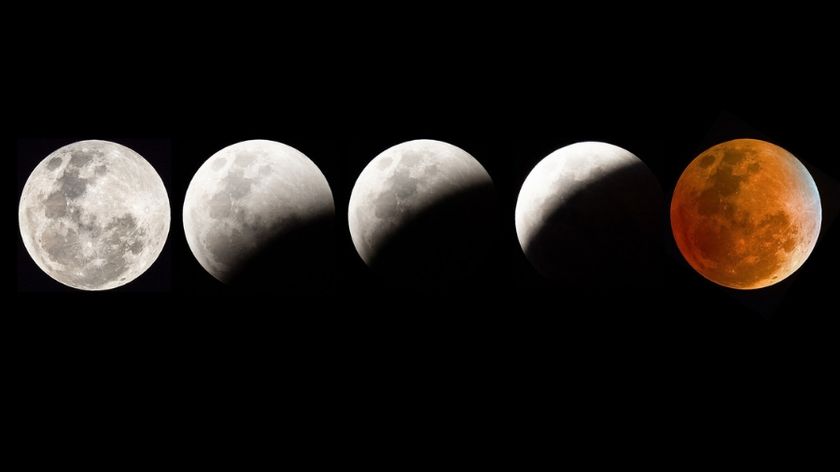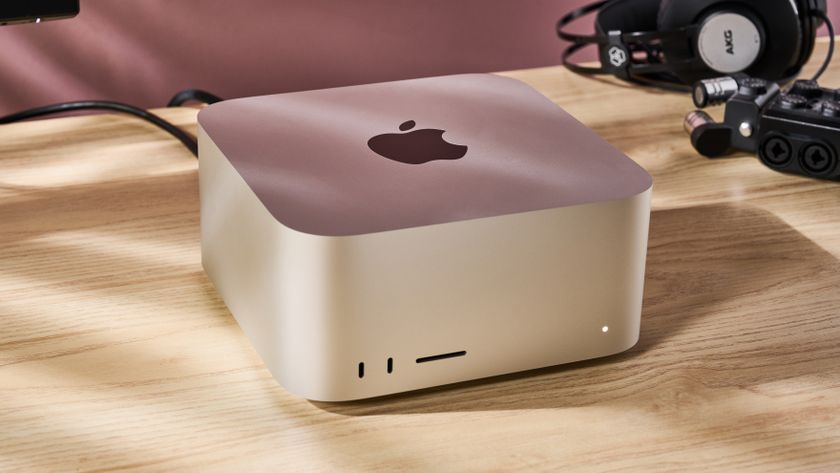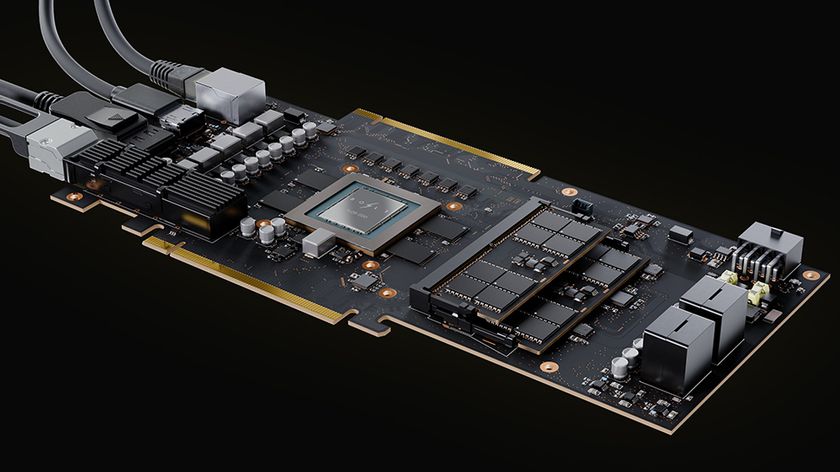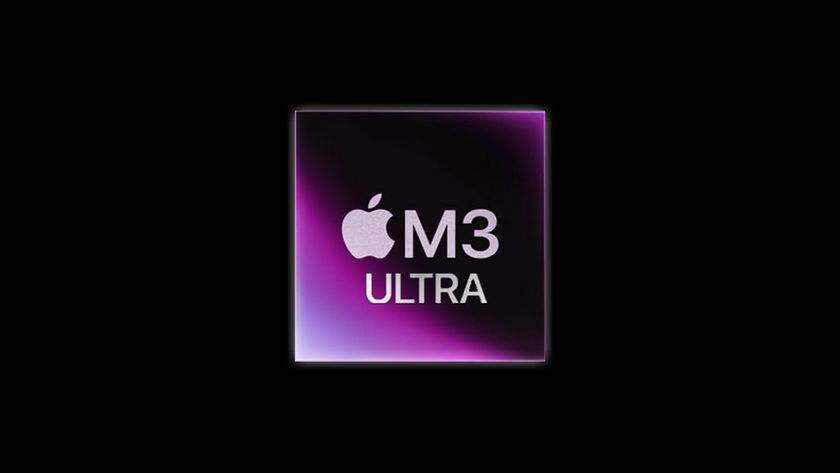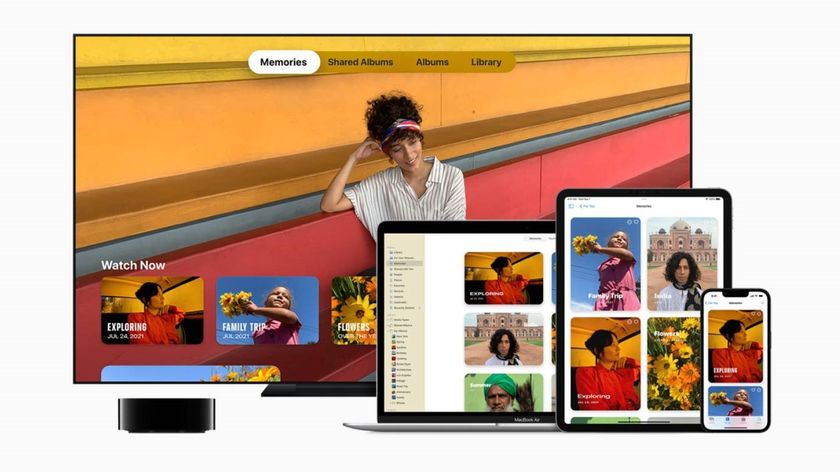Sweeping changes at Microsoft: Nadella's vision is in full effect
A new strategy focused on services rather than devices
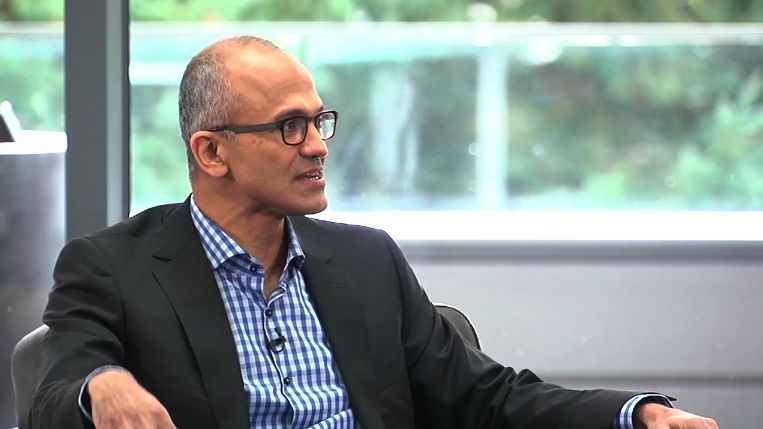
Stephen Elop is gone and with him, arguably, goes the ideas of Nokia, a company that Microsoft spent a whopping $7.2 billion (around £4.6 billion, or AU$9.4 billion) on last year. In a company-wide memo, Satya Nadella told employees that the new direction was aimed at "aligning our engineering efforts and capabilities to deliver on our strategy and, in particular, our three core ambitions".
This new strategy is focused far more on the services that you use rather than the devices you use those services on, as Microsoft has opened up to a range of platforms. Nadella, it would seem, is sticking to his click mouse "cloud first, mobile first" mantra.
Penn out
The reorganisation also saw the departure of Mark Penn, the man responsible for the "Scroogled" ads which directly attacked Google's ethics. From a political background, Penn's influence on how Microsoft responded to other companies could broadly be seen as a reflection of just how defensive the Microsoft of only a few years ago was, choosing to attack others rather than out-innovate them. In the end, it was Microsoft that got Scroogled as Bing still sits in irrelevancy when compared to Google search and, more worryingly, Google Docs is catching up to Office, especially in terms of the cloud.
It would seem that Nadella's focus now is to move the company forward, shedding executives that would rather hold onto the past. Elop, while an effective executive, was associated with the Lumia devices of the present which have a very small footprint, selling a little over 10 million units per quarter, and this would not likely translate well to the Lumia devices of the future – indeed, if there are such things.
Many are even speculating that Microsoft will take a write-down of its Nokia acquisition, a substantial blow to the company as it tries to move forward. While this isn't strictly Nadella's fault – the deal for Nokia was made under Ballmer – it is a blow to his stewardship and ability to innovate on a product, especially as the world of smartphones is lucrative. Nokia's offerings were never below par and there is still potential for Microsoft to pull its mobile OS out of the doldrums with Windows 10, channeling the developer base of Windows onto the small screen in a way that has not previously been seen.
Saving grace?
Windows 10 could be the making of Nokia and, in turn, could be the saving grace of the $7.2 billion (around £4.6 billion, or AU$9.4 billion) acquisition. With innovations that include Continuum, the system that allows a user to turn their phone into a computer via HDMI, there could be a legitimate reason to buy a Windows-based phone especially for those who do not currently own a computer or want an alternative to a tablet.
Innovations like this are something that no other company can match, at least not publicly, and show a new vision for what Microsoft is – and that vision likely comes from the top. Whether Elop had a conflicting view, or any view at all, will likely never be known, and Nadella's statement wishes him well.
Are you a pro? Subscribe to our newsletter
Sign up to the TechRadar Pro newsletter to get all the top news, opinion, features and guidance your business needs to succeed!
Max Slater-Robins has been writing about technology for nearly a decade at various outlets, covering the rise of the technology giants, trends in enterprise and SaaS companies, and much more besides. Originally from Suffolk, he currently lives in London and likes a good night out and walks in the countryside.

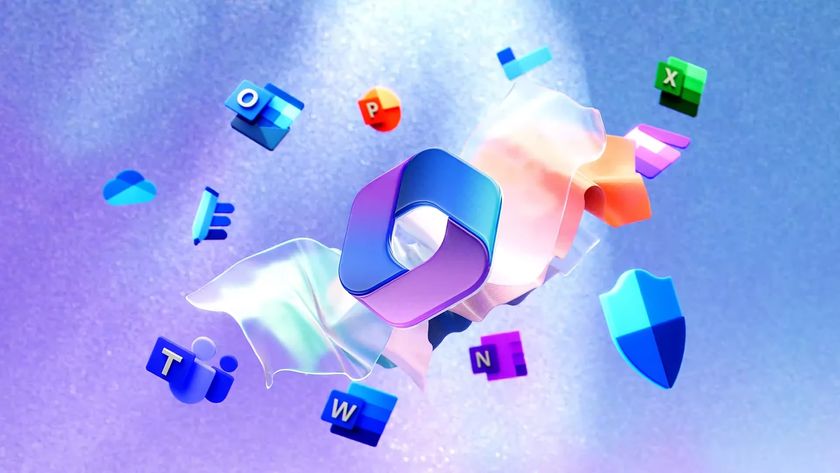
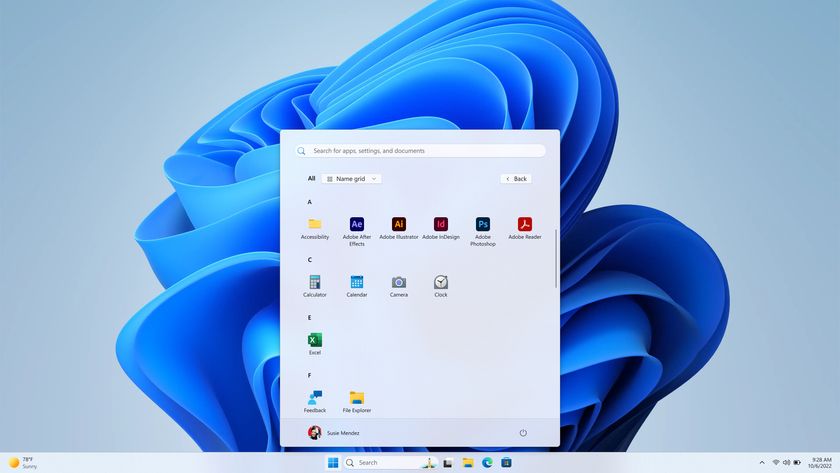

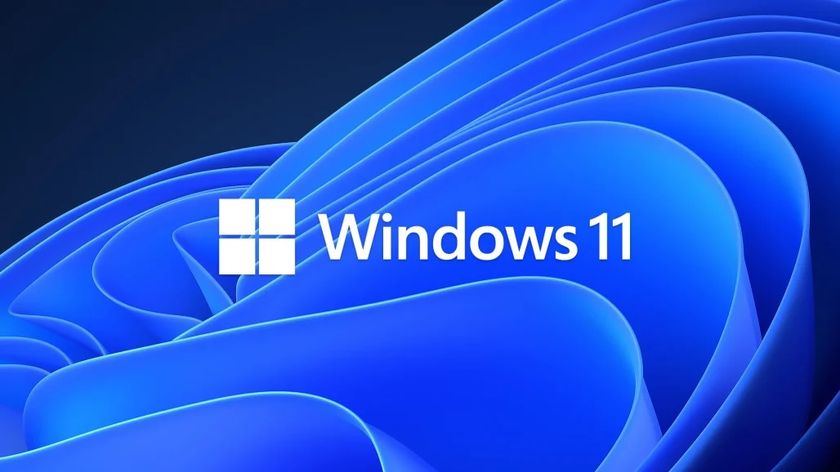
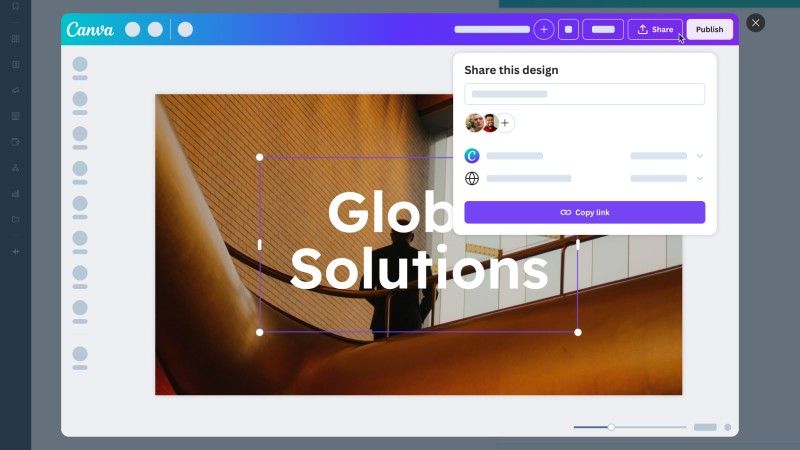




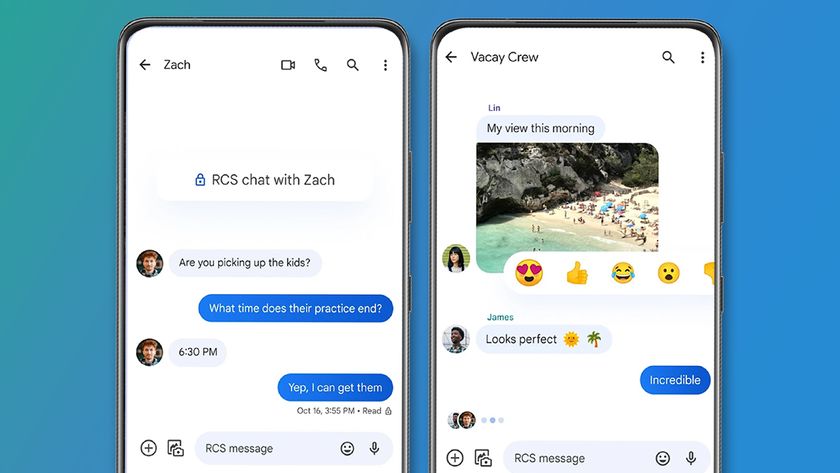


Office 2024 LTSC vs Microsoft 365 Business: what are the differences?

Office 2021 vs Office 2024: is it time to upgrade?
